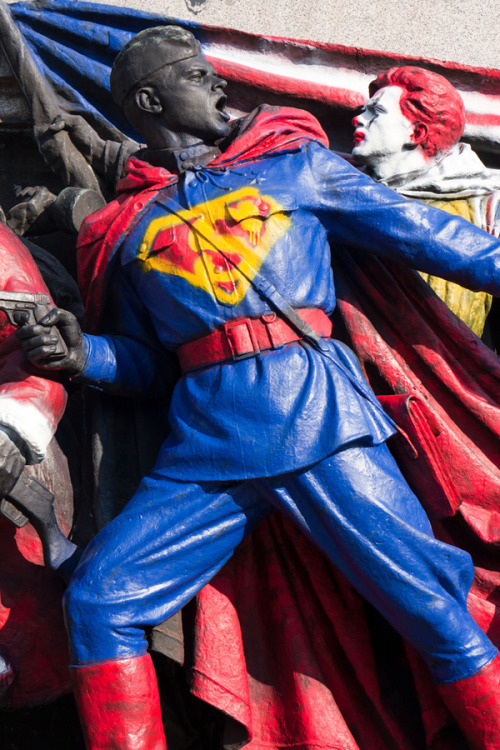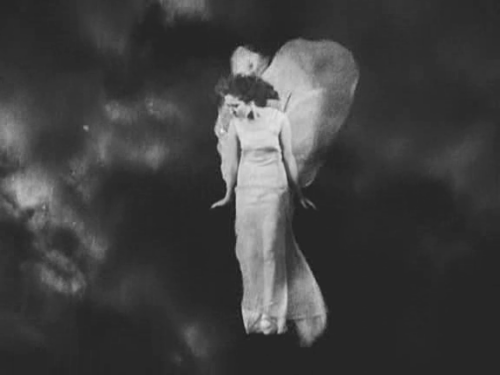Monday, February 27, 2017
Wednesday, February 22, 2017
a Form of Refusal
“…even in his catatonic or anorexic state, Bartleby is not the patient, but the doctor of a sick America.”
—Gilles Deleuze, “Bartleby; or, the Formula”
Proposing Painting as a Form of Refusal
Tuesday, February 21, 2017
Night gathers, and now my watch begins
"Night gathers, and now my
watch begins. […] I am the fire that burns against the cold, the light that
brings the dawn, the horn that wakes the sleepers, the shield that guards the
realms of men. I pledge my life and honor to the Night's Watch, for this night
and all the nights to come." Game of Thrones
MORE: Resistance
Tuesday, February 14, 2017
Kara Walker reimagines
"Not wanting to listen to the news on inauguration day, artist Kara Walker painted. The result is a Trumpian take on Emanuel Leutze’s famous work “Washington Crossing the Delaware”, a copy of which is on display at the Met Museum." here
Monday, February 13, 2017
STAY MAD
"I believe it is never too soon to issue a warning about the dangers ahead."*
STAY MAD.
STAY MOBILIZED.
GET ORGANIZED
MORE: Do one. Do them all. But do something.
"99 Ways to Fight Trump"
How We Can Fight Trump | The Nation
Nine Ways to Oppose Donald Trump - The New Yorker
* here
just saying...
A few months ago I thought the
slaughter of the Civil War, and the agitation of the violent Abolitionists who
helped bring it on, were evil. But possibly they had to be violent, because
easy-going citizens like me couldn’t be stirred up otherwise. If our
grandfathers had the alertness and courage to see the evils of slavery and a
government conducted by gentlemen for gentlemen only, there wouldn’t have been
any need of agitation and war and blood.
It becomes clear that the
installation of a fascist government will not be a revolution or coup d'état; rather,
the groundwork for fascism has already been constructed in the ideological
worldviews of the majority of Americans.
The riposte to the claim that “It Can’t Happen Here” is “It already
has.”
It Can’t Happen Here, Sinclair Lewis
After all, Germany was a state where
the law rested on a firm foundation, where a majority in parliament was opposed
to Hitler, and where every citizen believed that “his liberty and equal rights
were secured by the solemnly affirmed constitution.”
Sunday, February 12, 2017
We are Making a New World,
Catastrophes: missed opportunities [to change the present].
“This is the fourth great crisis in American history,” Bannon told an audience at the Liberty Restoration Foundation, a conservative nonprofit, in 2011. “We had the Revolution. We had the Civil War. We had the Great Depression and World War II. This is the great Fourth Turning in American history, and we’re going to be one thing on the other side.”
“It’s just a conceit. It’s a fiction, it’s all made up,” Wilentz said about cyclical historical models. “There’s nothing to them. They’re just inventions.”
from: Steve Bannon Believes The Apocalypse Is Coming And War Is Inevitable
image: Paul Nash: We are Making a New World, 1918
SaveSave
Saturday, February 11, 2017
“holes of oblivion"
What he said was always the same, expressed in the same words. The longer one listened
to him, the more obvious it became that his inability to speak was closely connected with
an inability to think, namely, to think from the standpoint of somebody else. No
communication was possible with him, not because he lied but because he was
surrounded by the most reliable of all safeguards against the words and the presence of
others, and hence against reality as such.
Wednesday, February 8, 2017
Resistance: show
For Beckett, the integral being is not the acrobat but the clown. The acrobat acts as a specialist, using only a limited segment of his faculties.
The clown is the integral man who mimes the acrobat in an elaborate drama of incompetence.
Beckett sees the bicycle as the sign and symbol of specialist futility in the present electric age, when we must all interact and react, using all our facilities at once.
Marshall McLuhan, Understanding Media, (Corte Madera, CA: Ginko Press, 2003) 251.
image: The New Yorker
SaveSave
Tuesday, February 7, 2017
it really didn’t matter.
Dr. Seuss, ... and the wolf chewed up the children and spit out their bones...
but those were foreign children and it really didn’t matter."
October 1, 1941, Dr. Seuss Political Cartoons. Special Collection & Archives, UC San Diego Library
Saturday, February 4, 2017
How could anyone sleep?
‘There Was a Great Want of Civility’
All night in the trees,
the whispering,
a great disorder, not the way
leaves talk among themselves
during the day, not the rustle
of squirrels and birds among them,
but a tossing, shiftless shadow
weight of darkness,
leaf to leaf.
I dared not close my eyes
for fear it would have
its way with me.
How
could anyone sleep?
By JULIE SUAREZ
from the New York Times Magazine, Feb.3,2017:
This poem is from “The Traveler’s Vade Mecum,” a new anthology of poetry. The anthology takes its title from a 19th-century compendium of 8,466 numbered sentences designed to help travelers compose shorter telegrams; to use this system, the sender and the receiver of the telegram would each have a copy of the book and would communicate such useful messages as “I am onboard a steamer ship bound for Paris” by writing “45-Paris,” or ominous ones like “A sad accident has happened” merely with “461.” The anthology’s editor, the poet and novelist Helen Klein Ross, chose some of these sentences and assigned them to poets to use as titles. The result is a wide-ranging, pleasurable overview of many different approaches in American poetry today. Selected by Matthew Zapruder
from the New York Times Magazine, Feb.3,2017:
This poem is from “The Traveler’s Vade Mecum,” a new anthology of poetry. The anthology takes its title from a 19th-century compendium of 8,466 numbered sentences designed to help travelers compose shorter telegrams; to use this system, the sender and the receiver of the telegram would each have a copy of the book and would communicate such useful messages as “I am onboard a steamer ship bound for Paris” by writing “45-Paris,” or ominous ones like “A sad accident has happened” merely with “461.” The anthology’s editor, the poet and novelist Helen Klein Ross, chose some of these sentences and assigned them to poets to use as titles. The result is a wide-ranging, pleasurable overview of many different approaches in American poetry today. Selected by Matthew Zapruder
Subscribe to:
Comments (Atom)














